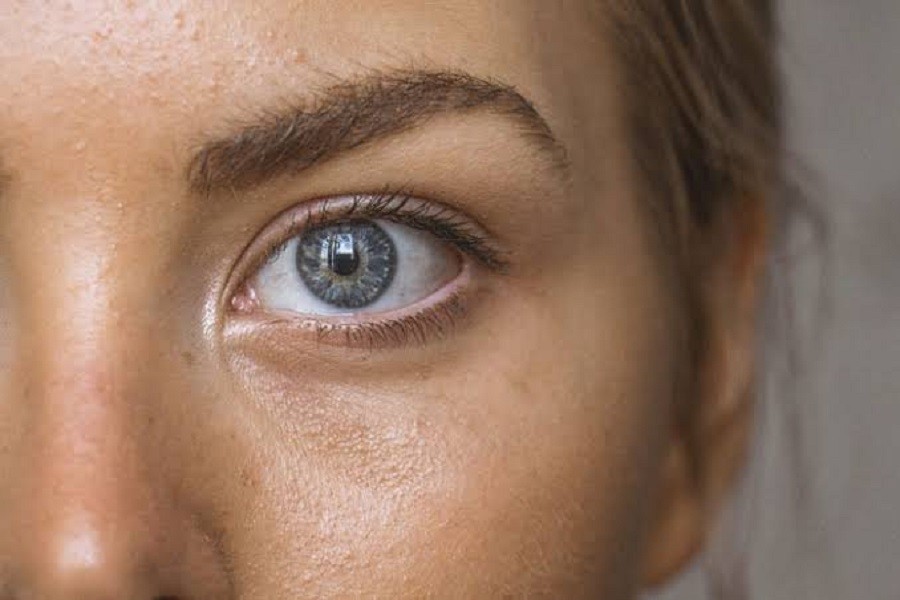The skin's quality depends on an individual's genetics, which will then be influenced by factors like environment, diet, the care taken, aging, stress, etc.
In a conversation with the writer, Dr Priyanka Reddy, Dermatologist, Venereology & Leprosy Dermatologist, Cosmetologist, and founder of DNA Skin Clinic based in India, mentioned,
“Apart from the natural factors, winter season, a diet poor in liquids and healthy fats, over-exfoliation, skin conditions, and allergies, are some of the causes for uneven textured skin.”
How to address the rough skin texture
Correct the root cause: If there is a self-inflicted trigger to your rough skin, such as using the wrong products, not nourishing the skin enough, exposing it to dry cold air, etc., rectify them. Treat the triggering skin conditions/allergies under the guidance of your dermatologist.
Moisture your skin well: Stripping the skin of its natural oils and not providing enough soothing ingredients to maintain the skin barrier can make your skin sensitive, flaky and cause textural variations.
Dr Priyanka suggested looking for ingredients like ceramides, peptides, glycerin, and butter to maintain a healthy skin barrier (this is in the case of dry skin individuals especially).
Get rid of the dead skin build-up: Chemical exfoliation is the game changer in textural correction. Make it a part of your skincare routine.
“Dry sensitive skin; beginners can use PHA (polyhydroxy acid) exfoliants. Normal, combination to dry; go with AHA ( alpha hydroxy acid ) exfoliants like glycolic acid and lactic acid.
BHA (beta hydroxy acid), like salicylic acid, works better for oily, acne-prone skin. Talk to your dermatologist to know the right way of including chemical exfoliation in the skincare routine,” she added.
Retinols: “Holy grail of skincare when it comes to texture, aging skin, and overall boosting skin health,' said the doctor. But she warned about self-usage. "Always use them under the guidance of a dermatologist, or else even the good guys can cause reactions and become your enemies,” she said.
Retinoids help in boosting collagen production, improving skin cell turnover and subtle exfoliation, thereby improving the texture and tone of your skin.
Diet: Dr Pryanka advised not to underestimate the importance of holistic health. What goes on inside shows on the outside.
"Include foods rich in healthy fats like nuts, seeds, fish, and avocados. Foods rich in water content like watermelon, muskmelon, antioxidant-rich foods, and of course, the most heard tip is you should drink enough water to keep yourself hydrated well,” she added.
Clinical treatments: Sometimes, textural problems can be stubborn and might need clinical intervention. Some procedures that can help are medical facials resurfacing lasers like co2, MNRF, Sublative RF in milder cases, and chemical peels of various strengths and combinations depending on the severity.
Change habits: You can use silk pillowcases to avoid friction. Also, avoid extremely hot water baths. Use cold water for the face.
“Cover your face well with a clean cotton cloth if you have dust, sun, wind, or cold air. Avoid smoking which can make your skin dry and lead to textural variations,” she concluded.


